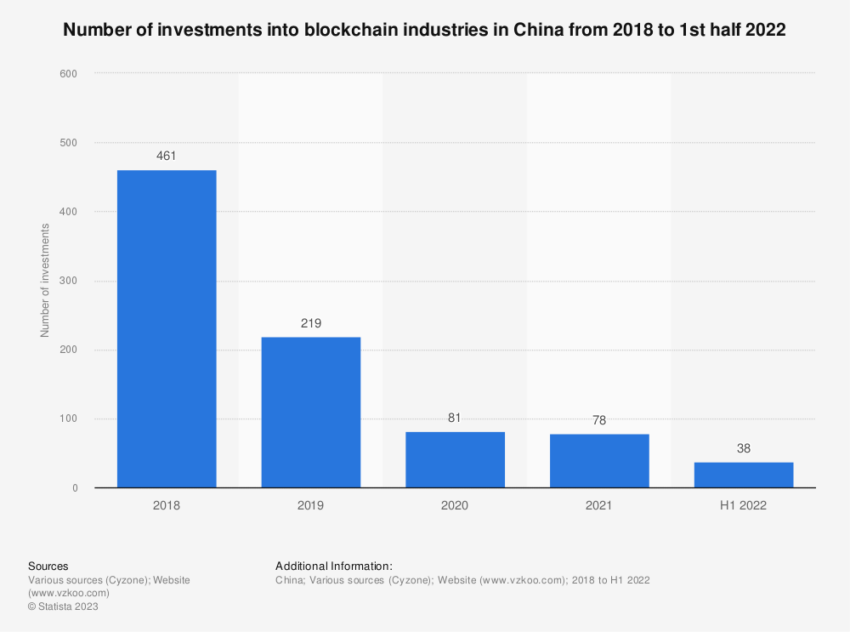BlackRock, the world’s largest asset manager with $9.4 trillion in assets, has dramatically reversed its pro-China stance in recent days, closing a fund and issuing dire forecasts about China stocks.
The asset manager may be pulling back from China out of well-grounded macroeconomic concerns. But, given the considerable fear, uncertainty, and doubt (FUD) that its engagement with China stoked in recent weeks, more cynical observers may view the pivot as a face-saving effort.
BlackRock Adjusts Its Rating of China Stocks
On Monday, the asset manager downgraded its rating of China stocks from “neutral” to “overweight.”
According to Bloomberg’s report, the adjustment has to do largely with the lack of solvency in China’s commercial real estate industry.
US lawmakers have devoted increasing attention in recent months to instability in China’s heavily credit-based real estate sector. And also to what they see as the questionable accounting practices of Evergrande and other conglomerates with massive debt.
Yesterday, police in China took the drastic step of detaining some members of Evergrande’s staff after many missed payments on the conglomerate’s debt. And many efforts to kick the can down the road.
The instability in the sector cannot have made a favorable impression on BlackRock’s analysts. Their adjustment of the rating comes on the heels of BlackRock’s decision earlier this month to close its China Flexible Equity Fund as of November 7.
The fund was a flop, garnering a mere $22.3 million in assets since it formed in October 2017.
Learn more about BlackRock’s recent initiatives and struggles on the PR front.
Is BlackRock Feeling the Political Blowback?
The asset manager may have explained its recent decisions in terms of a pure economic calculus. But there can be little doubt that recent moves by US lawmakers have stirred considerable alarm over BlackRock’s ties to Chinese firms and assets.
At the start of August, BlackRock came under intense scrutiny from a US Congressional committee for playing a role in the investment of Americans’ funds in firms with ties to China’s military and spy programs.
Both BlackRock and MSCI receive notice from the House Select Committee on the Chinese Communist Party that it held serious concerns. Namely about the more than 60 Chinese firms with possible or known ties to China’s police and military that received inflows of funds through investments the two asset managers had endorsed.
Given China’s human rights record, such revelations are undoubtedly embarrassing. BlackRock may now be in full damage control mode. With the adjustment of its ratings of China stocks, and its closure of the China fund, BlackRock cannot be called a cheerleader for Beijing.
But some will wonder: is it too little, too late?
The post BlackRock’s About-Face on China: Too Little, Too Late? appeared first on BeInCrypto.
